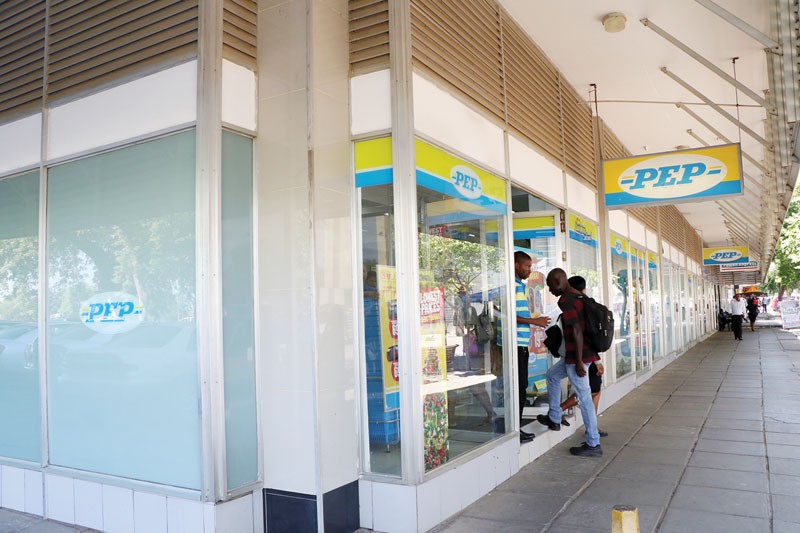Local textile firms falling short � Pep Stores
Isaac Pinielo | Tuesday December 6, 2016 15:19


Earlier on, the local textile and clothing industry complained that large chain clothing stores were importing most of their clothes from outside the country and ignoring the local manufacturers. Pep Stores local area manager, Kemo Ditodi told Mmegi Business that the company has always expressed its willingness to sell clothes that are manufactured locally.
However, he said local clothing manufacturers have failed to meet the demands and requirements of Pep Stores, noting that most do not meet the required volumes.
“We are waiting to buy locally manufactured clothes, but what defeats us is that the local manufactures cannot meet our demands and most of them overprice their goods,” Ditodi said. He explained that Pep’s target market is the mass lower to middle income end of the market, adding that as such it seeks to sell low cost clothes. “If the local clothing industry can produce high volumes of quality clothing with reasonable pricing, they can be sure of us buying from them,” he said.
Ditodi said Pep has resorted to the foreign market as the local suppliers could not meet their demand. He indicated that clothing sourced from outside the country was landing at a lower price than that sourced locally.
Founded in 1965 and based in Cape Town, South Africa, Pep operates 2,000 stores in southern Africa including Botswana, South Africa, Lesotho, Namibia and Swaziland.
Under Pepkor, Pep also owns and runs the largest clothing factory in southern Africa, where it manufactures much of its clothing. Other Pepkor retail brands that operate locally are Ackermans, Dunns, and John Craig.
At a recent consultative workshop hosted by the Botswana Textile and Clothing Association, assistant minister of Investment, Trade and Industry, Biggie Butale challenged the local clothing industry to produce quality clothes that can satisfy the local market before thinking of exporting.
